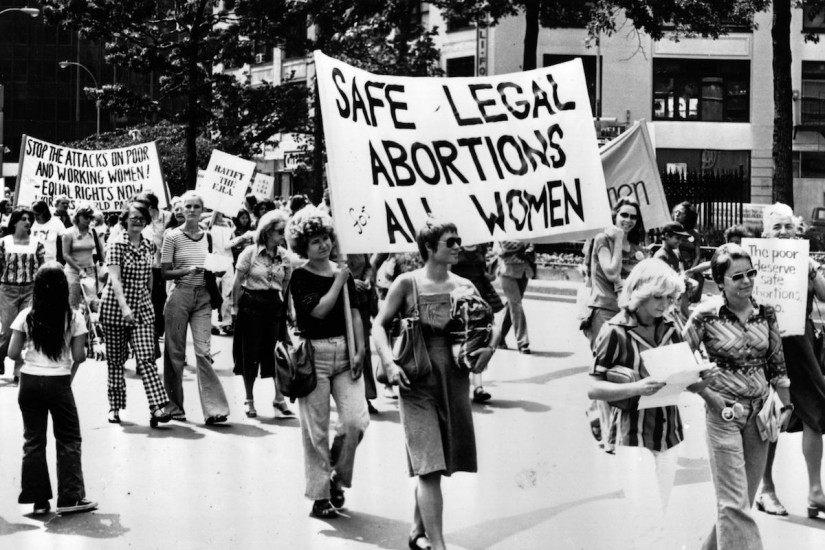Norma McCorvey was very public about her change of heart about abortion later in life. How did you feel about her petitioning the Supreme Court to overturn Roe v. Wade in 2005?
Clearly I wish she hadn’t, but I’m not going to be critical of her for what she did. I’m certainly glad the Supreme Court did not agree to take the case where she was trying to overturn Roe v. Wade.
She was a changeable person. The problem I had was trying to tell when she was telling the truth and when she wasn’t. For example, at one point she did an interview, and the reporter said to her, “How did you get pregnant?” and she said, “I was working for a sleazy carnival one night in rural Georgia, and I was walking back to the sleazy motel where I was staying, and three men—a black, a white, and possibly a Hispanic—had brutally raped me.” Frankly I had always had concerns about that, because I don’t think those three people would be together in rural Georgia in 1969. [In 1987, when a] very important black interviewer on TV said, “What about the rape?” She said, “I lied.” She took after the Trump method of truthfulness, which was say whatever you want to.
Did you worry about whether that would affect how people in the future would see the case?
I was very careful in drafting the materials that were filed with the court to be sure I only put in things I was sure were accurate.
Then why was she picked to be the plaintiff?
First, she was pregnant, and the case was a class action, not just for her but on behalf of all women, who will or might become pregnant and want the choice of abortion. Second, she had already had a child that her mother took away from her on the basis that she was unfit to raise the child. So the main things we were alleging were she was pregnant, she didn’t want to be, and that she was not in a position to really raise a child. And she felt very willing—as far we could tell—to be the plaintiff in the case, especially when we explained that we were not requiring any money from her and that she could be anonymous. And so we never made her name public. She decided to do that at some later time.
How does this anniversary feel compared to past landmark anniversaries?
When I started the case, the research in 1969, if anybody had said, ‘You will still be talking about this in 45 years,’ I would not have believed that. And so what I’m most amazed at is how long the issue has still been at the center of a lot of political conversations, because if I look back at the case that dealt with contraception decided in 1965, Griswold v. Connecticut, my memory is it took a few years for people to come to a general agreement that government wasn’t going to get to decide whether they could use birth control. [I thought] it would be some years before people sort of came to a common agreement that it was not the government’s business to decide women’s reproductive freedom. I’ve been surprised at how long it has really taken.
I don’t know how long it will take, but at some point, I’m not going to be willing to keep talking to anyone who asks me to do an interview. There’s a point at which you just get tired of that. It takes up a lot of my time, which, of course, is always pro bono. I did the case for free. At some point I am just tired of doing it, but I think the issue is so important. Soon, a younger generation, younger women and men in law school, are going to have to take on that responsibility.
